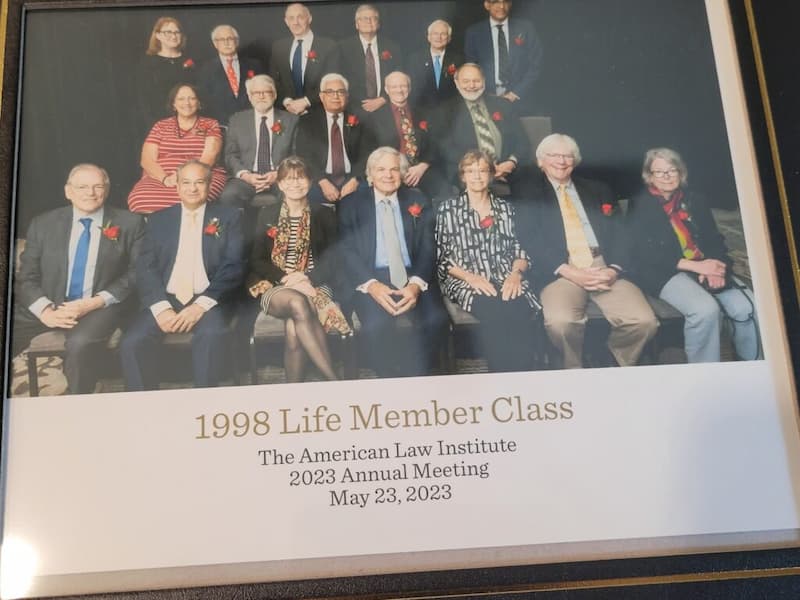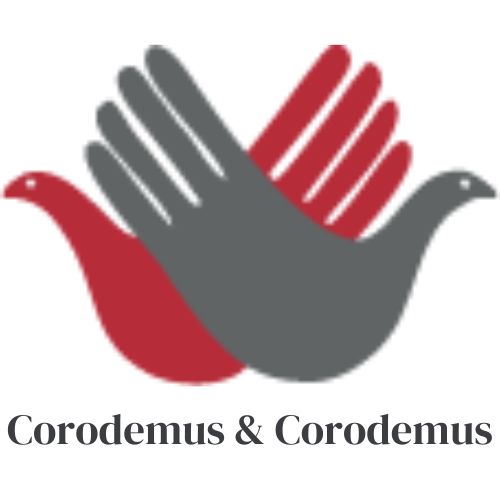Four Ways Plaintiffs’ Firms Can Prevent Common Benefit Fund Fee Disputes
Certainly, attorneys who take on the risks and leadership roles…
Retired New Jersey Mass Tort Judge Marina Corodemus, honored at 100th anniversary convention with special luncheon
Retired New Jersey Mass Tort Judge Marina Corodemus, was honored…
Perry Weitz Creates Mass Tort Institute at Hofstra Law School
Judge Marina Corodemus (ret.) has been named to this board.…
September 18: “Reversed & Remanded: The Impact of Recent Appellate Court Rulings on Mass Torts”
Date: Monday, Sept. 18, 2017 Time: 2pm Eastern | 1pm…








